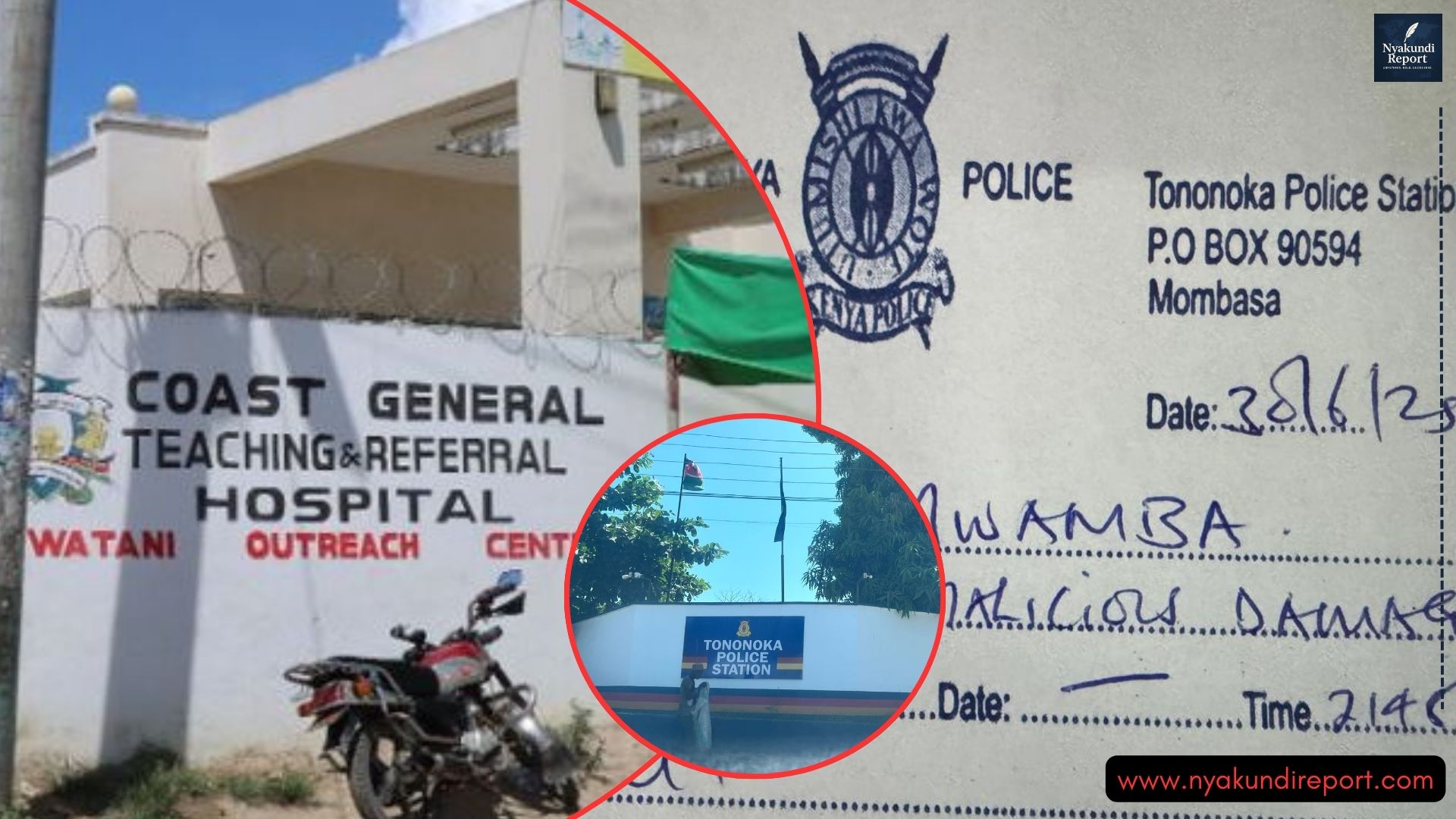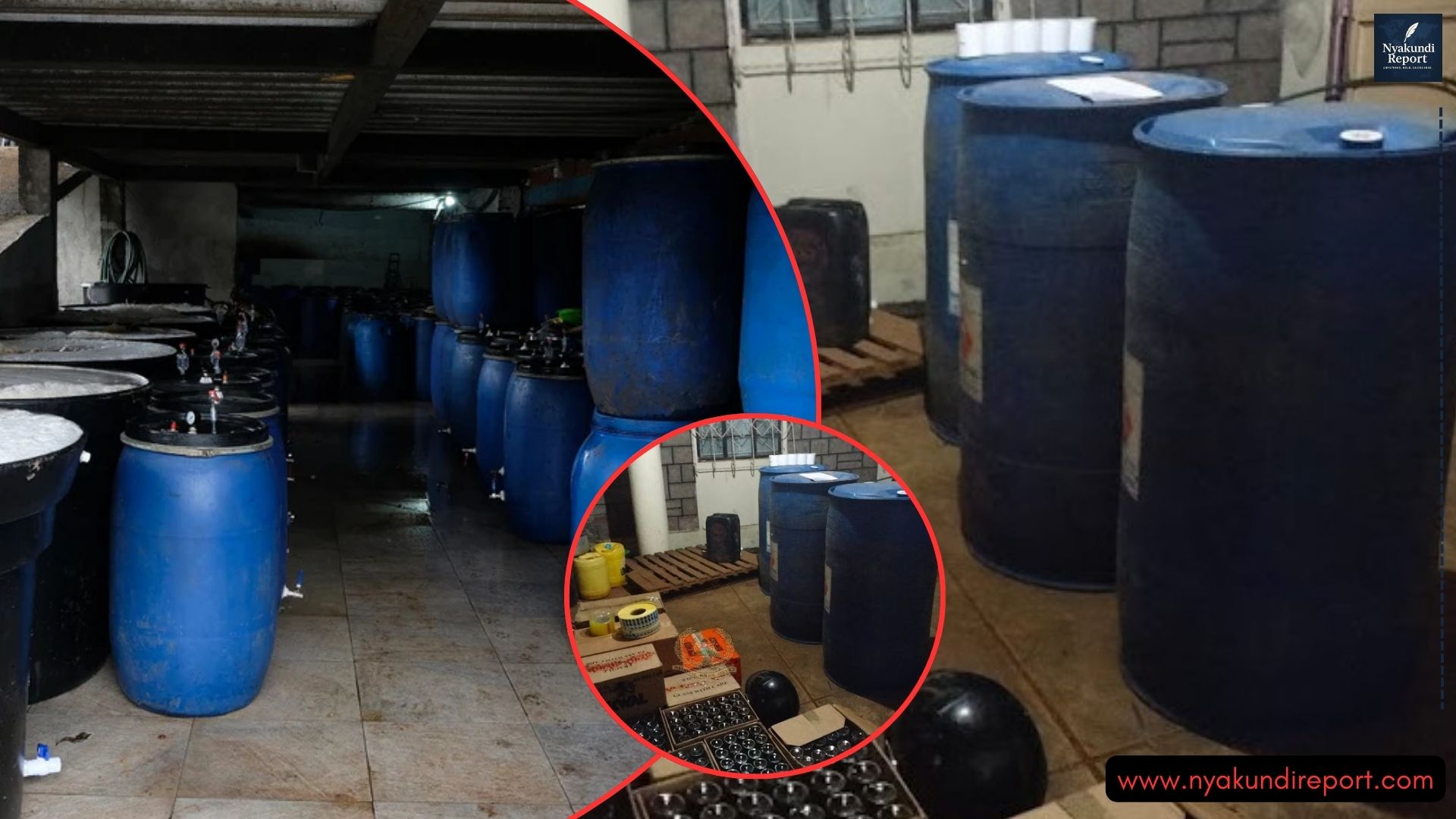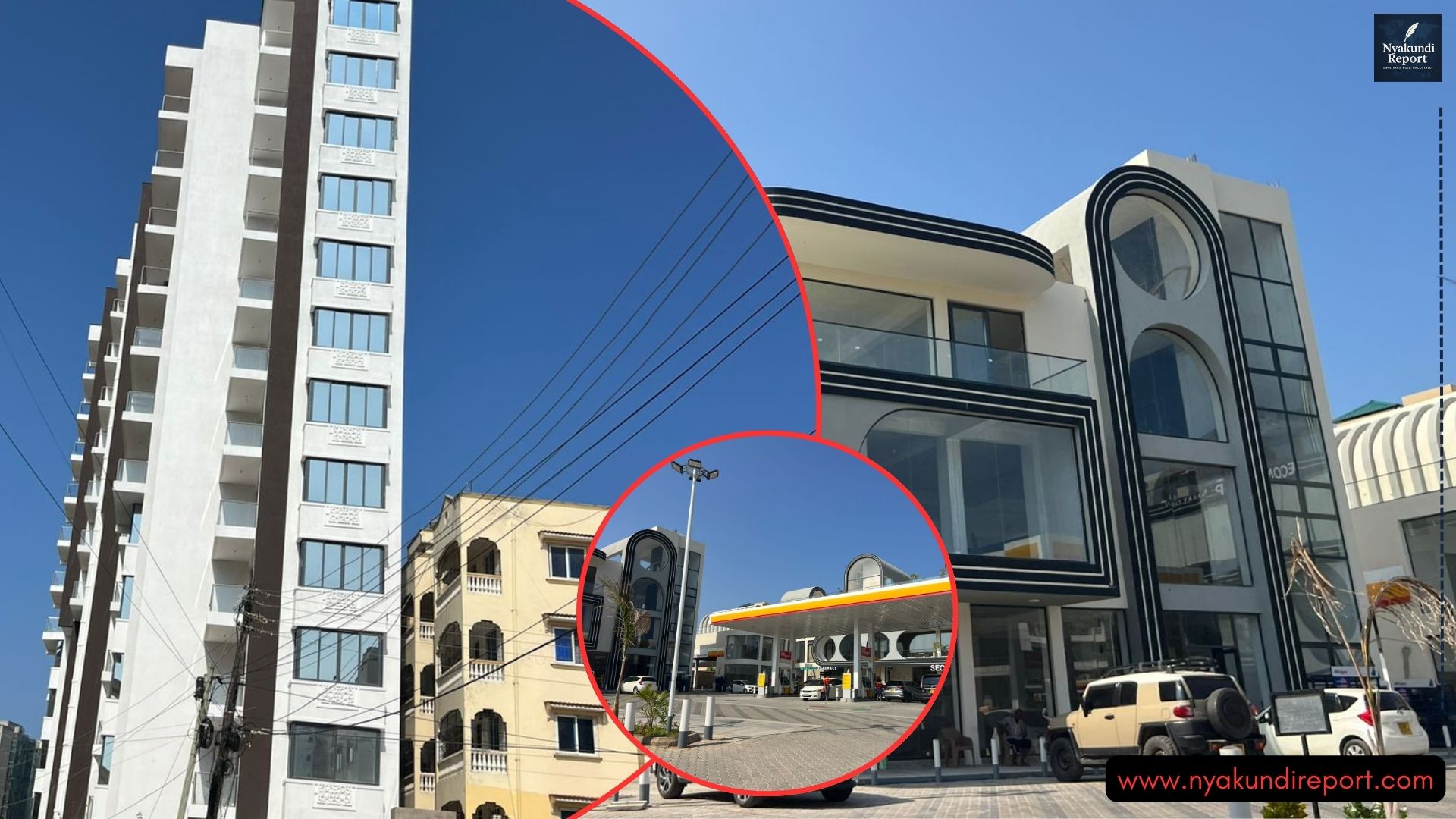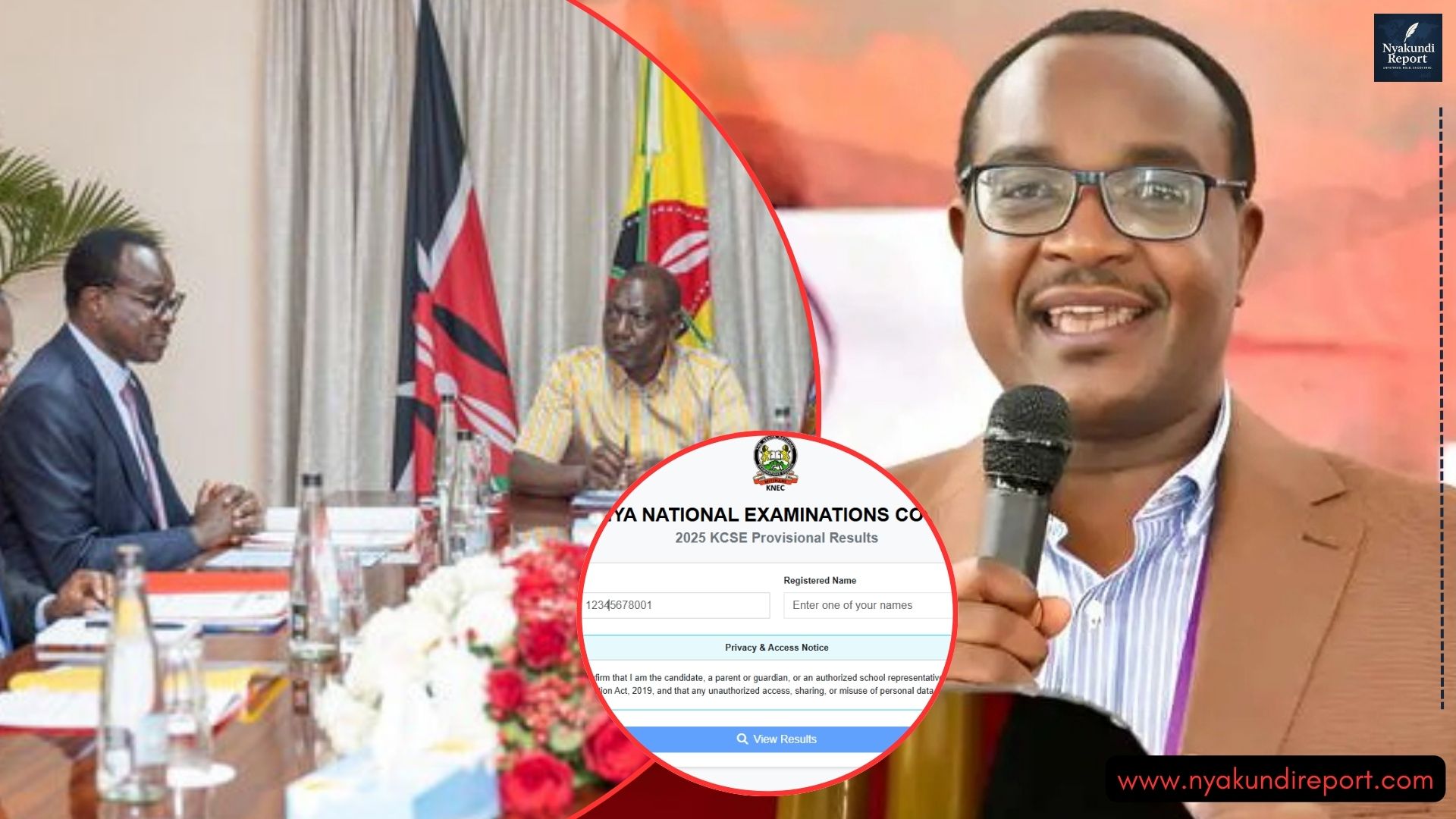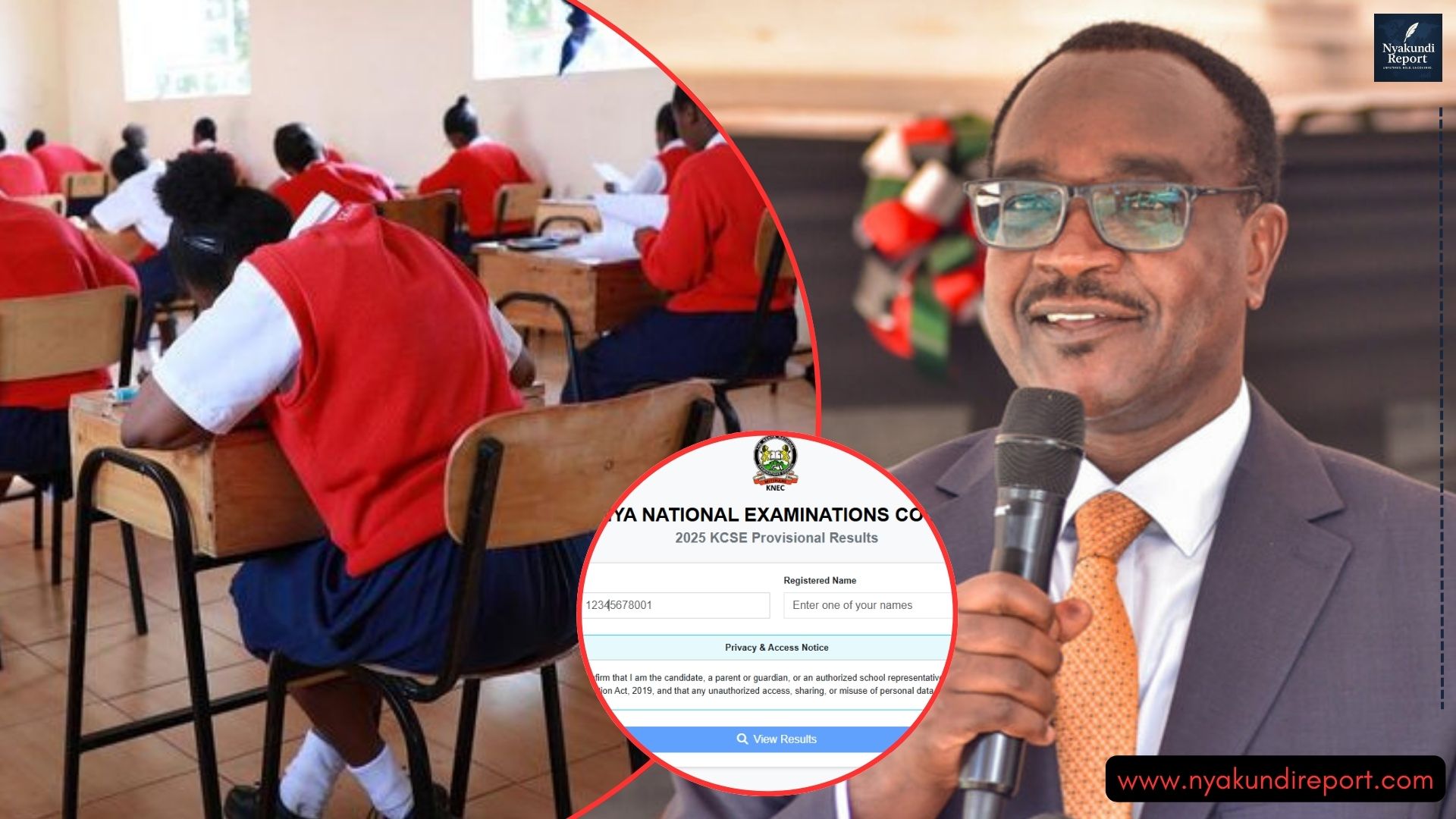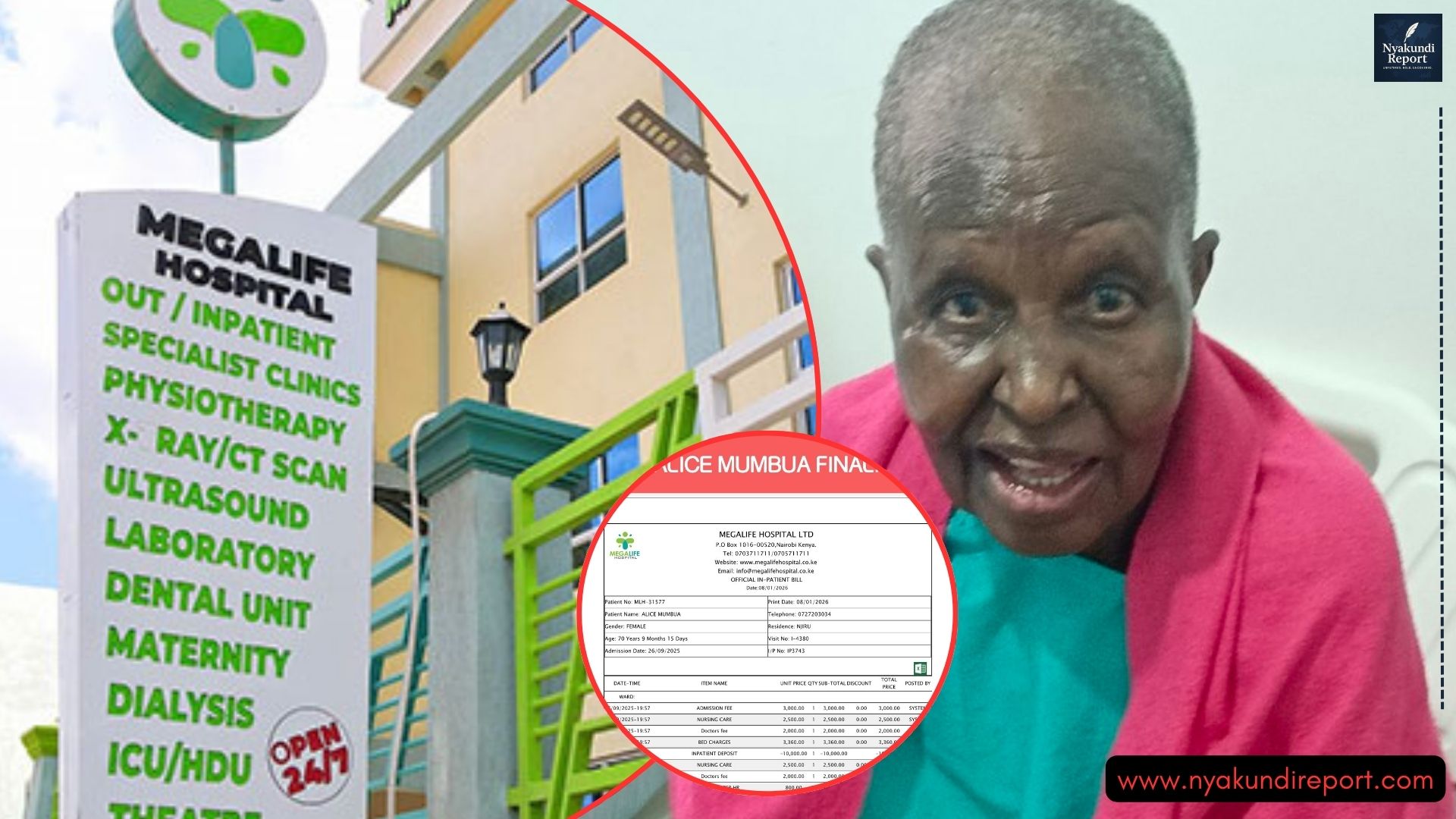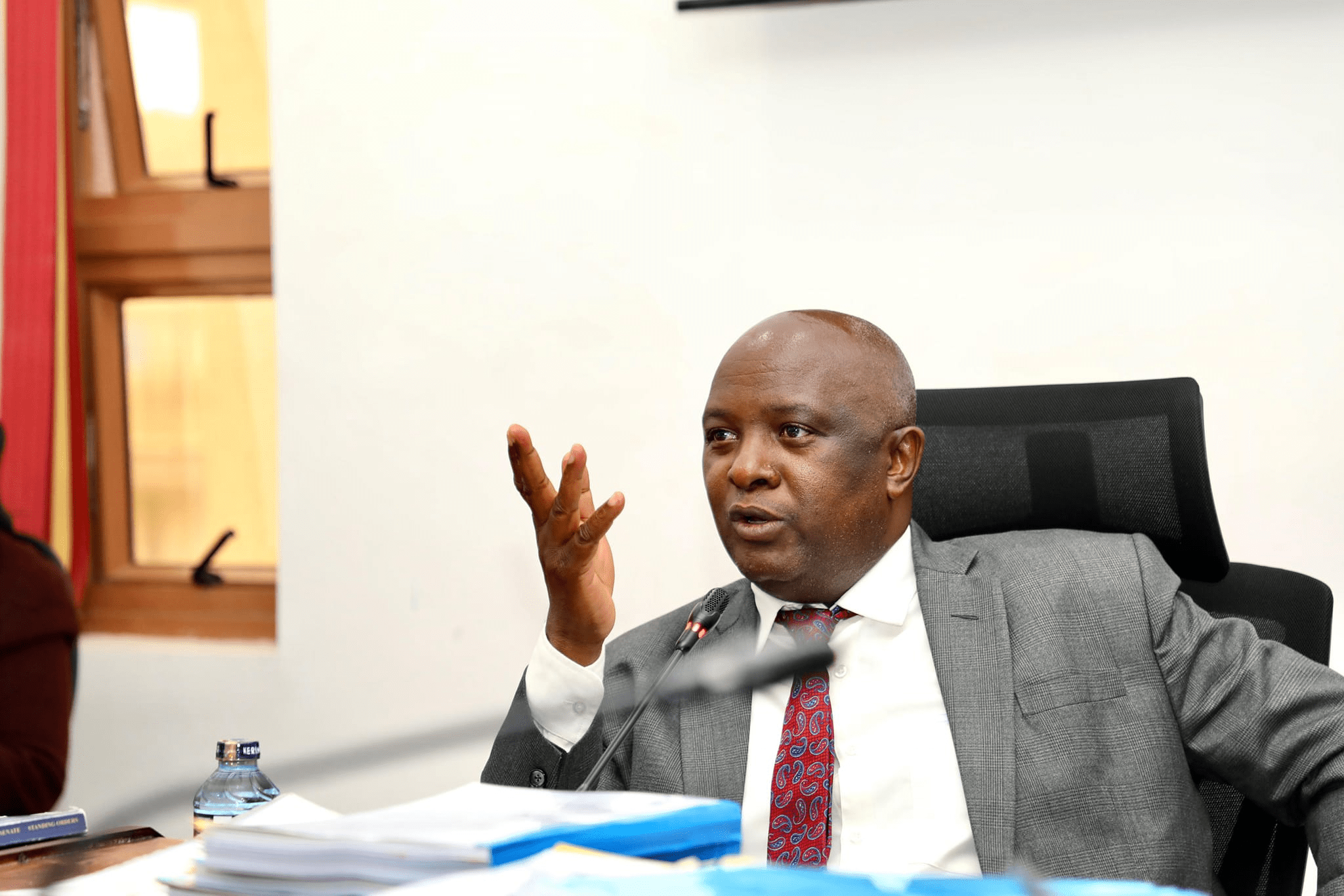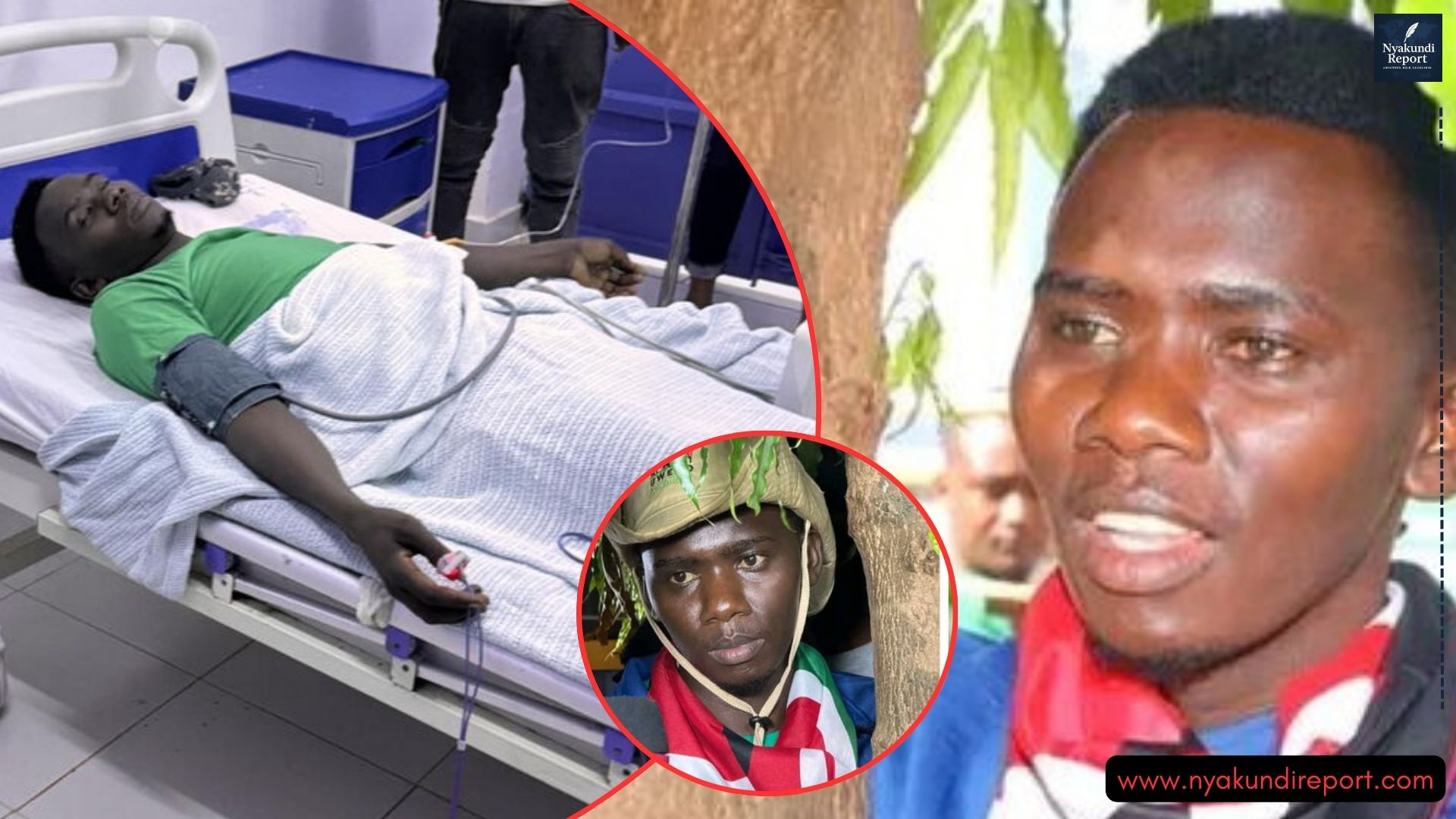The IELTS exam is one of the most important gateways for Kenyans who want to study or work abroad. Candidates spend months preparing, often investing their savings, only to face a single exam that decides their future.
Yet on 6th September 2025, candidates sitting the test at IELTS IDP Kenya in Euro Towers, Muthithi Road, faced shocking irregularities that exposed serious flaws in how the exam is managed. What was supposed to be a fair and transparent international test turned into confusion, frustration, and silence from the organizers.

Widespread Complaints of IELTS IDP Kenya Test Irregularities
On the morning of 6th September, the listening test, which is the first paper of the day, began with a technical failure. Candidates immediately raised their hands to alert supervisors. Instead of acting quickly, the staff ignored the warnings and allowed the audio to keep playing. The test moved forward without candidates hearing clear instructions.
When the audio ended at Question 40, the staff attempted a correction. However, instead of rewinding fully, they only went back to Questions 7–10. This ignored the critical instructions and content for Section B, covering Questions 11–15. Candidates had already lost focus, and the exam environment was ruined. Many reported that the disruption left them mentally shaken for the rest of the day.
The reading and writing papers followed, but students were already distressed. Some described their concentration as “completely broken.” Others said their confidence collapsed before they could even start the next sections. What should have been a test of skill became a test of how much stress candidates could endure.
The behavior of the staff added more insult to injury. Instead of acknowledging the seriousness of the problem, candidates say supervisors dismissed their concerns. The only instruction they gave was to “continue.” Students who had travelled from far-off regions like Kitale and Kirinyaga felt insulted and powerless. They had paid heavily for the exam but were denied a fair chance.
Silence and Delayed Results Add to Frustration
After completing the speaking tests, candidates were told they could submit feedback online. Many did. But there was no acknowledgement. By 19th September, the IELTS Kenya website remained down, and no results were released.
Only on Saturday 20th did communication begin via email. Even then, candidates say the responses came only after persistent phone calls and pressure. For an exam center handling an international test that determines careers and study opportunities abroad, this lack of communication shocked many.
Each candidate had paid KES 41,580. With such high stakes, the delays and silence from IDP Kenya raised suspicions of mismanagement or worse. Trust in the system was shaken.
Candidates Demand Accountability
Students who sat the flawed exam say they have been robbed of fairness. Some are demanding a free resit. Others want a full refund of the exam fee. Their argument is simple: they prepared in good faith, paid in full, and showed up ready to be tested. Instead, they were given a broken process, ignored when they complained, and left in the dark when they sought answers.
The IELTS exam is supposed to reflect international standards. Its reputation is built on fairness, reliability, and consistency. But the irregularities at Euro Towers show a different story. Candidates were forced into a stressful and unfair test environment that directly affected their performance.
When contacted, some candidates said they were considering legal action if IDP Kenya does not act. Others warned that unless the matter is addressed openly, more Kenyan students will lose faith in IELTS as a pathway abroad.

Systemic Concerns Over IELTS IDP Kenya Test Irregularities
The irregularities at Euro Towers raise bigger questions about how IELTS is managed in Kenya. If one center can mishandle such a high-stakes exam, how many other cases have gone unreported? What accountability exists for staff who dismiss candidates’ concerns?
The arrogance displayed by supervisors on 6th September shows a culture of impunity. Candidates are treated not as clients who pay for a service, but as powerless individuals forced to accept whatever happens. This contradicts the international reputation IELTS claims to uphold.
Kenyans are paying over forty thousand shillings for each attempt. For many, this money comes from loans, family savings, or sacrifices. To then face irregularities and silence is not only unfair but also exploitative.
Way Forward for IELTS Test Centers in Kenya
The only way to restore confidence is through immediate action. First, candidates affected on 6th September must be compensated, either through free resits or refunds. Second, IDP Kenya must issue a public apology and explain how the technical issues occurred. Third, clear measures must be put in place to ensure no future candidate faces the same injustice.
Regulatory bodies in Kenya also have a role. Allowing international exam bodies to operate without strict oversight puts students at risk. The Ministry of Education and relevant agencies should intervene to guarantee fairness.
Exams should test skills, not endurance against mismanagement. Candidates should walk into an exam room focused only on their performance, not worried about whether staff will ignore their concerns or technical problems will ruin their chances.

